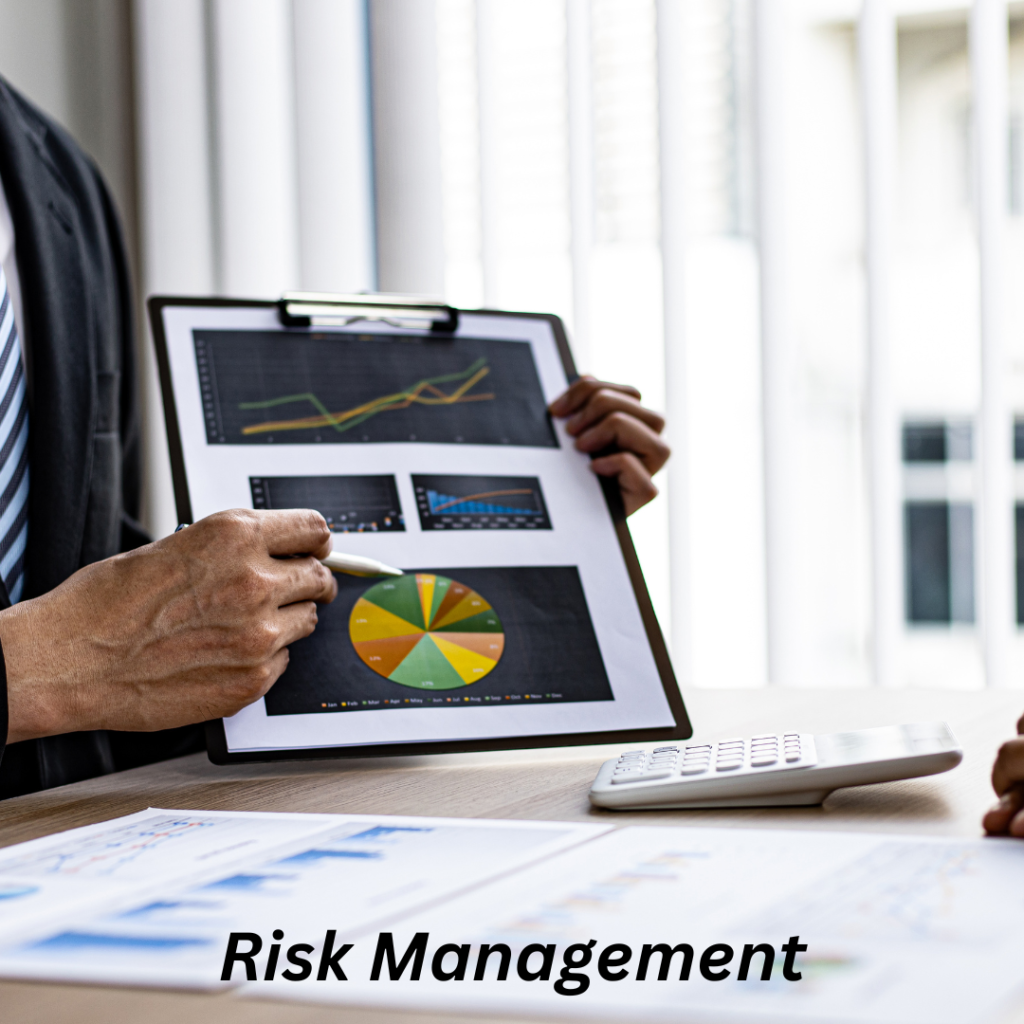
Ola, an entrepreneur, good at managing his money has always been on the lookout for investment opportunities where he can grow his money. He decided to talk to his friend, Dickson, who has been investing in real estate.
Ola: Hello Dickson, I’ve been thinking about investing in real estate lately, specifically buying some land. What do you think?
Dickson: That’s a great idea, Ola! Real estate can be a solid investment. But before you dive in, there are a few things you should consider.
Ola: Absolutely! I don’t want to make any hasty decisions. What’s the first thing on your checklist?
Dickson: Well, location is crucial. Have you thought about where you want to buy the land?
Ola: I was thinking about somewhere near the city, but not too far. What do you think?
Dickson: That could be a good choice, but consider the long-term potential. Is the area developing? Are there any major infrastructure projects planned nearby?
Ola: Hmm, I haven’t looked into that. I’ll make sure to do some research on the growth potential of the area.
Dickson: Smart move. Also, check the zoning regulations. You wouldn’t want to buy a piece of land and later find out you can’t use it for your intended purpose.
Ola: Zoning, got it. I’ll make sure the land is suitable for what I have in mind. Anything else?
Dickson: Absolutely, Ola. Assess the market trends in the area. You want to know if property values are generally increasing or if there are any red flags.
Ola: Good point. I’ll look into the market trends and see if it aligns with my investment goals. What about financing?
Dickson: Ah, financing is a big one. Have you thought about how you’re going to fund this investment?
Ola: I have some savings, but I might need to explore mortgage options. Any tips on that?
Dickson: Make sure you understand the interest rates, loan terms, and any associated fees. It’s crucial to know the financial implications before committing.
Ola: Got it. I’ll sit down with a financial advisor to go over the numbers. What else should I keep in mind?
Dickson: Don’t forget about due diligence. Inspect the land thoroughly, look into the title deeds, and check for any outstanding taxes or liens.
Ola: Due diligence, duly noted. I’ll get a professional to help me with that part. Anything else before I start my land-buying adventure?
Dickson: Network and seek advice. Talk to people who have experience in real estate, attend local events, and learn from others’ successes and mistakes. It’s always good to have a support system.
Ola: Thanks, Dickson. You’ve given me a lot to think about. I’ll make sure to do my homework before taking the plunge into land investment.
Dickson: You’re welcome, Ola. I wish you the best in your real estate journey. If you ever need advice or have more questions, feel free to reach out. The best!
THINGS TO KNOW BEFORE INVESTING IN REAL ESTATE
1.Define your Goals:
What do you really want? Clarify your investment objectives:
- Are you looking out for a rental income?
- Is your goal for long-term capital appreciation?
- Is your target mainly for land banking?
Your goals will influence the type of properties you consider.
2. Financial Stability:

Before you start investing in real estate, you should assess your financial situation. Determine how much you can afford to invest without compromising your financial stability.
Consider factors like your down payment, closing cost, renovation expenses and ongoing maintenance cost.
3. Market Research:
It’s always important that you carry out in-depth market research in your target location. This includes analyzing the trends, property values, rental yields, vacancy rates and future development plans.
4. Property Selection:
In selecting a property, consider properties that align with your investment goals and budget. Check out factors like location, property condition, rental potential, and future development prospects. Choose locations with the potential for growth and development. Always consider proximity to amenities, transportation, schools and other factors that can influence property value.
5. Risk Management:

Just like every other investment comes with its own risk level, Real estate investment comes with risks such as market fluctuations, tenant turnover, economic turn down and unexpected expenses. Develop a risk management strategy to mitigate these risks and protect your investment.
6. Legal requirement:
Consider consulting a real estate attorney when investing in real estate to ensure compliance with all requirements are met.
It’s also important that you familiarize yourself with local real estate laws and regulations.
7. Property Management:
Managing a property could be time demanding. You have to consider the time, effort and cost associated with property management and decides if to manage the property yourself or hire a professional property management company.
Don’t forget that;
Real estate investment requires careful planning. Staying updated with market trends, economic indicators and changes in real estate regulation can keep you ahead of the curve and significantly increase your chances of success in real estate.